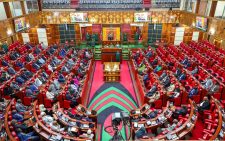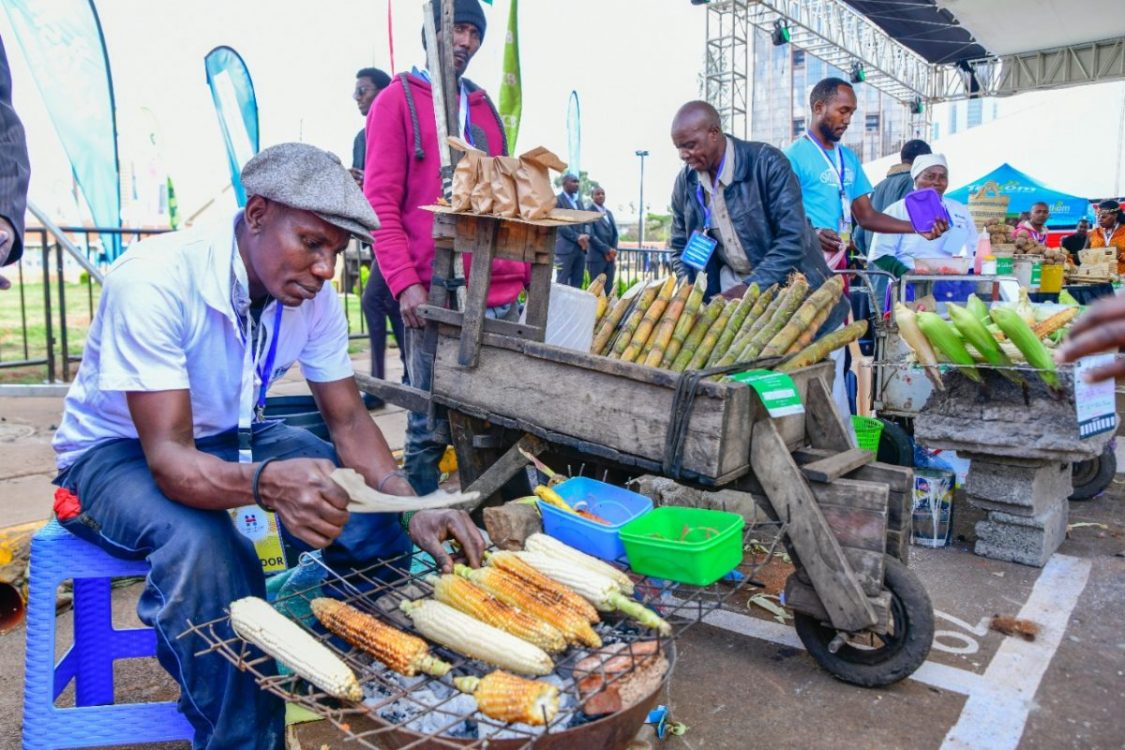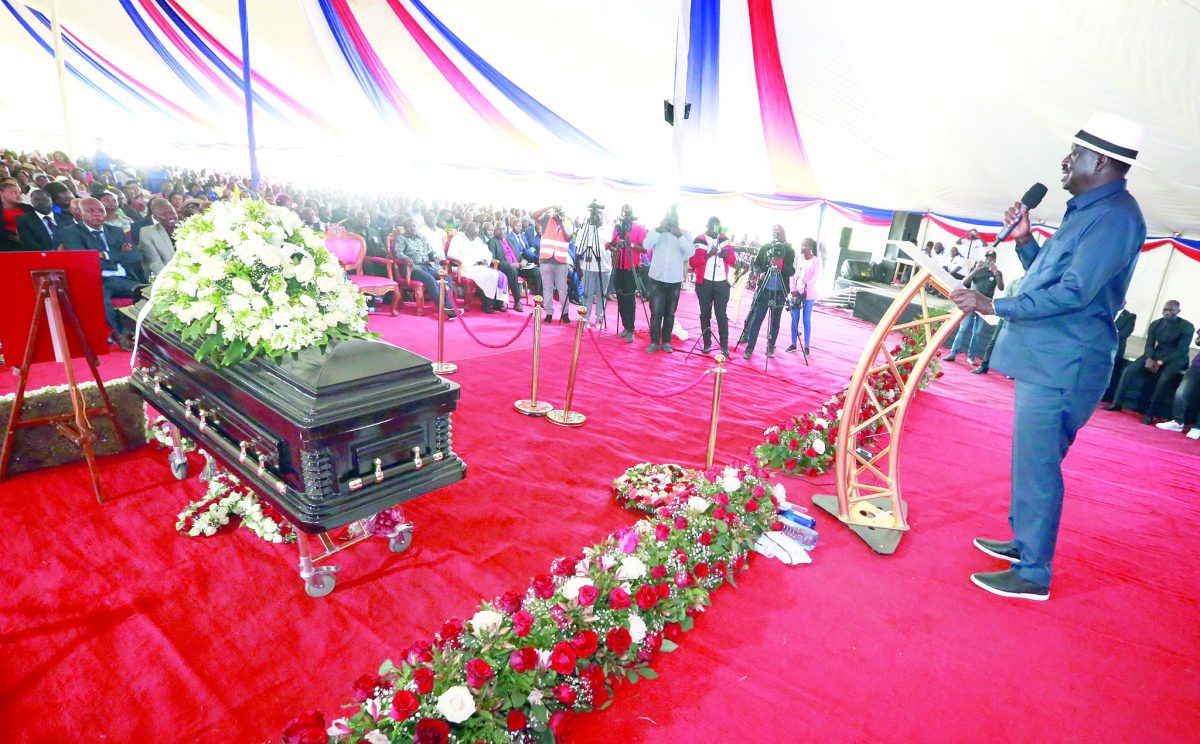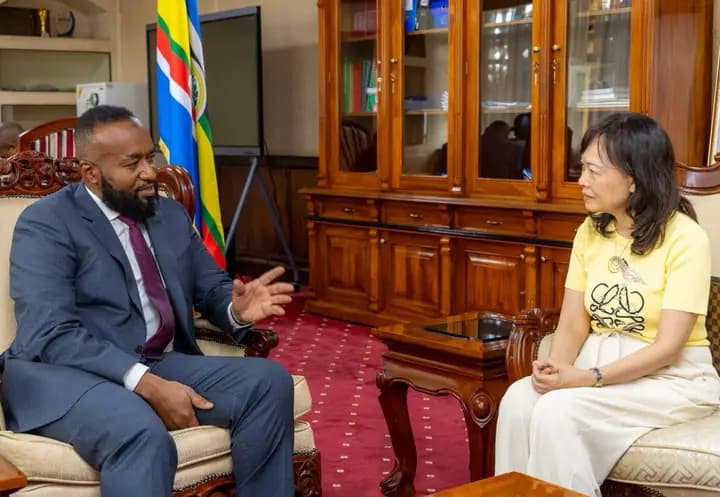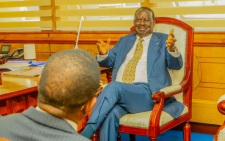Proposed law gives IEBC a role in party primaries

A new law is in the offing to mandate the Independent Electoral and Boundaries Commission (IEBC) to conduct nominations for the political parties in a bid to end malpractices and violence usually witnessed during party primaries.
Since the introduction of multiparty democracy in 1991, Kenya has persistently witnessed intra-party violence during the primaries for selecting parliamentary and civic seats candidates.
Political scientists have previously observed that the violence witnessed is an outcome of the organisation of political parties, which has revolved around personalities identified with ethno-regional interests rather than constitutionalism.
The proposed law has already been presented before Parliament and awaits to be discussed and either passed or rejected by MPs.
This even as Parliament is racing against time to amend various election-related laws as agreed in the National Dialogue Committee (NADCO) report.
Key among the amendments is the Elections (Amendment) Bill co-sponsored by Senate Majority Leader Aaron Cheruiyot (Kericho) and his minority counterpart Stewart Madzayo (Kilifi).
The new bill seeks to give effect to some of the recommendations and views of the public that were submitted during the national dialogue on the issues of electoral justice and related matters, outstanding constitutional matters, fidelity to political parties/coalitions and the law on multiparty democracy.
For instance, the bill proposes to amend Section 31 which provide that the IEBC to conduct nominations for the political parties upon request.
“IEBC shall upon request by a political party, conduct and supervise nomination of candidates by the political party for presidential, parliamentary or county elections in accordance with Article 88 of the Constitution,” reads part of the proposed amendments.
The amendment bill, which has already been passed by the Senate and is currently before the National Assembly, also provides that political parties shall submit to the IEBC, names of the persons contesting party primaries and the date of the party poll.
The electoral agency shall be required to gazette the information and Parliament shall appropriate monies to effectively implement the party nomination.
Unlike in the current situation, where a person can be nominated to serve in any County Assembly, the bill proposes an amendment to provide that a person can only be nominated as a member of a county assembly if such a person is a registered voter in a ward within a county.
“A political party shall not nominate a person unless the person is, on the date of submission of the party list by the political party, a registered voter in any of the wards in the county in which the person is nominated.”
Should the law be amended, a coalition party shall, within 14 days of registration, submit to the IEBC a copy of its nomination rules certified by the Registrar of political parties.
“Notwithstanding the provisions under subsection (1) a coalition political party shall, within fourteen days of registration, submit to the Commission a copy of the coalition political party’s nomination rules certified by the Registrar of Political Parties.”
The proposed amendments also provide for the designation of polling stations by the IEBC and publishing them in the Gazette at least three months before the date of any election.
In the 2022 polls, the electoral agency was accused of accepting results from unknown and un-gazetted polling stations, especially for the Presidential vote.
“The Commission shall appoint a place or places as a polling station or polling stations for each electoral area. The commission shall publish in the Gazette notice and publicize through electronic and print media of national circulation and another easily accessible medium, a notice specifying the polling stations established for each electoral area at least three months before the date of any election,” the proposed amendment reads in part.
“No election shall be conducted in a place other than a place gazetted as a polling station.”
The Bill proposes that the Commission shall ensure that intellectual property to the technology used in the election is vested in the Commission.
“In procuring the technology, the Commission shall ensure that intellectual property rights to the technology vest in the Commission.
According to the proposed amendments, the supplier or their associates should not have been found guilty of violating any procurement law, committed a crime, violated professional standards or been barred from participating in public procurement in any jurisdiction.
The amendment of section 44 of the Elections Act further seeks to provide for access and availability for scrutiny of the technology, subject to the applicable laws.
“Subject to the Constitution, this Act and the Data Protection Act, the technology is accessible and available for scrutiny by candidates, courts and such other persons as required under the law.”
The Bill also proposes to provide for the appointment by Parliament of an independent firm to evaluate the electoral process after a general election.
According to the proposal, the evaluation shall include a review of the legal framework, processes and costs associated with the electoral process.
“The proposed new provisions require the preparation of a report for submission to Parliament within 90 days of the appointment of the independent firm.”
The bill’s proponents further seek to ensure that members of the public can inspect the voter register and rectify voters’ particulars, as well as establish exceptions when the IEBC is not expected to rectify voters’ particulars.
“The Commission shall cause the Register of Voters to be opened for inspection by members of the public at all times. The Commission shall rectify the particulars of voters at all times except in the case of a general election, during the 60 days before the date of the election and in the case of a by-election, between the date of the declaration of the vacancy of the seat concerned and the date of such election.”
